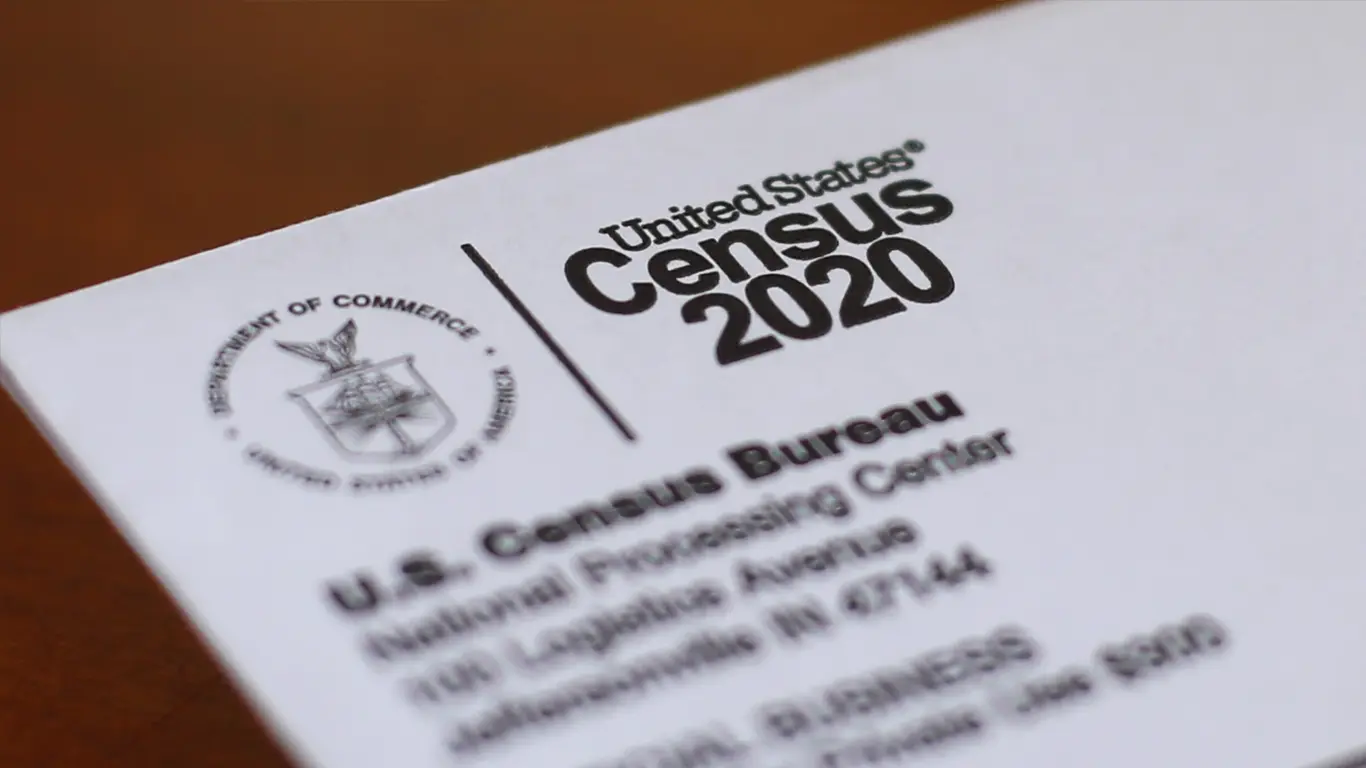Conservatives Defend State-Led Map Redrawing Amid Ongoing Voting Rights Dispute
Legal Challenge Over New District Maps Heads to 11th Circuit Court
More than four years after the 2020 U.S. Census, the legal fight over Georgia’s redistricting maps is still far from over. On Thursday, the 11th U.S. Circuit Court of Appeals will hear arguments in a case challenging the legality of Georgia’s Congressional and legislative district boundaries.
The challenge alleges that the maps, drawn by the Republican-controlled General Assembly, violate the Voting Rights Act and diminish the influence of Black voters. However, the case is less about racial representation and more about partisan power struggles disguised as civil rights concerns.
Democrat-Aligned Groups Push Back Against Legislative Maps
The dispute stems largely from changes to the state’s 7th Congressional District, once held by Democrat Lucy McBath and now represented by Republican Rich McCormick. The maps were redrawn after a federal court struck down the initial lines in late 2023, ruling they did not adequately reflect Georgia’s minority population growth.
Marina Jenkins, Executive Director of the National Redistricting Foundation and the National Democratic Redistricting Committee, both progressive advocacy organizations, claimed the General Assembly’s redrawn districts failed to account for demographic changes.
“The state of Georgia robbed Peter in order to pay Paul by enacting these maps,” Jenkins said. “These maps eliminated existing opportunity districts in order to draw so-called new opportunity districts, zeroing out Black opportunity statewide.”
“Black Georgia voters who were previously denied their right to equal representation continue to be denied that right, and others had that right revoked altogether on these new maps.”
These comments underscore the central argument from Democrats, that Republican lawmakers intentionally dismantled Democratic-leaning districts. However, state officials say the claims are more about protecting partisan interests than ensuring fair representation.
GOP Defends Maps as Legal and In Line with the Voting Rights Act
Attorneys for the state of Georgia maintain that their redistricting efforts fully comply with federal law. They argue that the General Assembly is obligated to protect majority-Black districts, not districts made up of loosely aligned minority coalitions that happen to vote Democrat.
In court filings, Georgia’s legal team pushed back on the lawsuit’s premise:
“Their argument proves only one thing: Plaintiffs are upset that the General Assembly eliminated a safe congressional district for Democrats when it created the required new majority-Black district. But the Voting Rights Act ‘is a balm for racial minorities, not political ones.’ It cannot be hijacked to settle partisan disputes that are fairly decided at the polls.”
This defense cuts to the heart of the issue. Conservatives say Democrats are leveraging civil rights law to secure political advantages, using the courts to reverse election outcomes they can’t change at the ballot box.
7th District at Center of the Storm
At the center of the legal fight is Georgia’s 7th District, which saw a reshuffling that critics claim diluted minority influence. Yet the district was never majority-Black to begin with. Its voting-age population was approximately 33% white, 27% Black, 21% Hispanic, and 15% Asian, a coalition district that leaned Democrat.
Under the new maps, McBath moved to the 6th District, where she successfully defeated fellow Democrat Carolyn Bourdeaux. Meanwhile, McCormick secured the 7th District seat for Republicans, flipping the balance in favor of the GOP.
What Next?
The appeals court’s decision could reshape not just Georgia’s political map, but potentially affect how states nationwide handle redistricting under the Voting Rights Act. At stake is whether states must prioritize racial identity over voting behavior, and whether political parties can use race-based legal arguments to entrench their own power.
Georgia Republicans remain confident that their maps reflect both the law and the will of Georgia voters, a belief grounded in the principle that elections, not courtrooms, should determine political outcomes.







